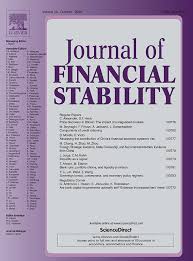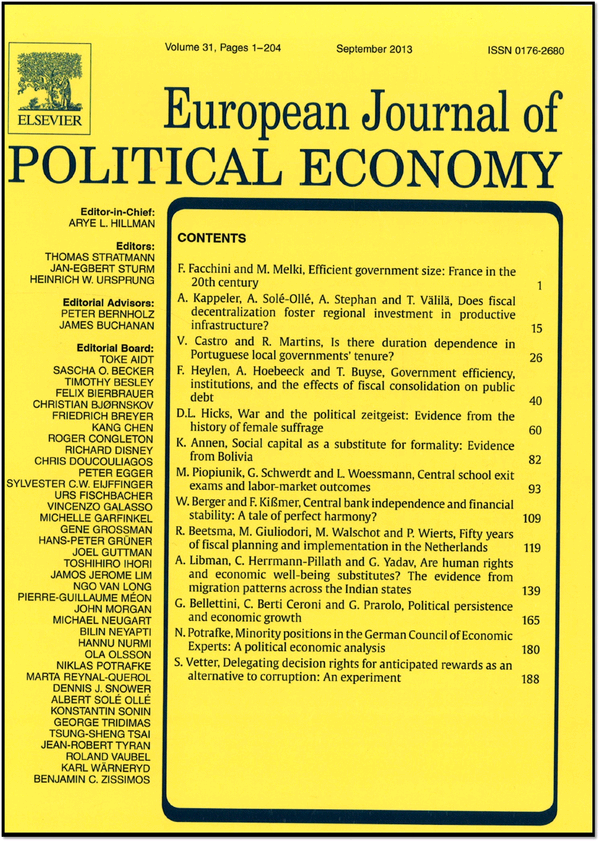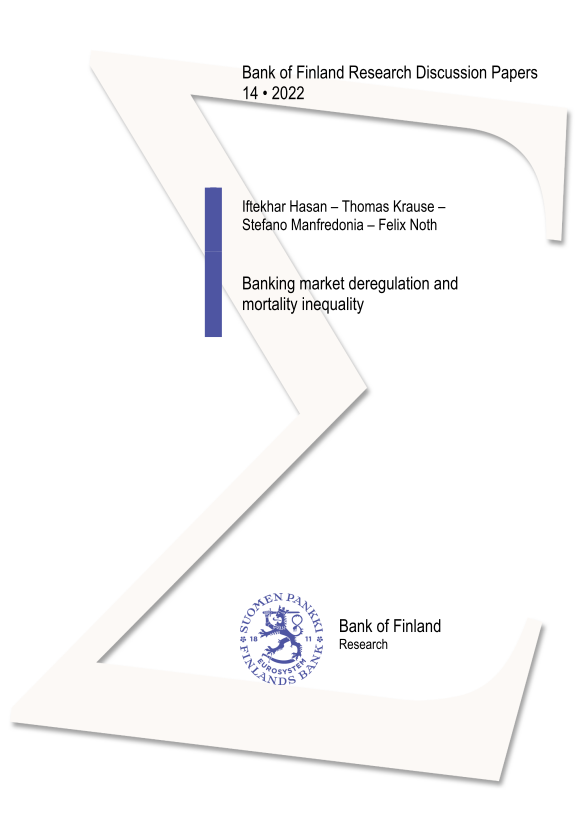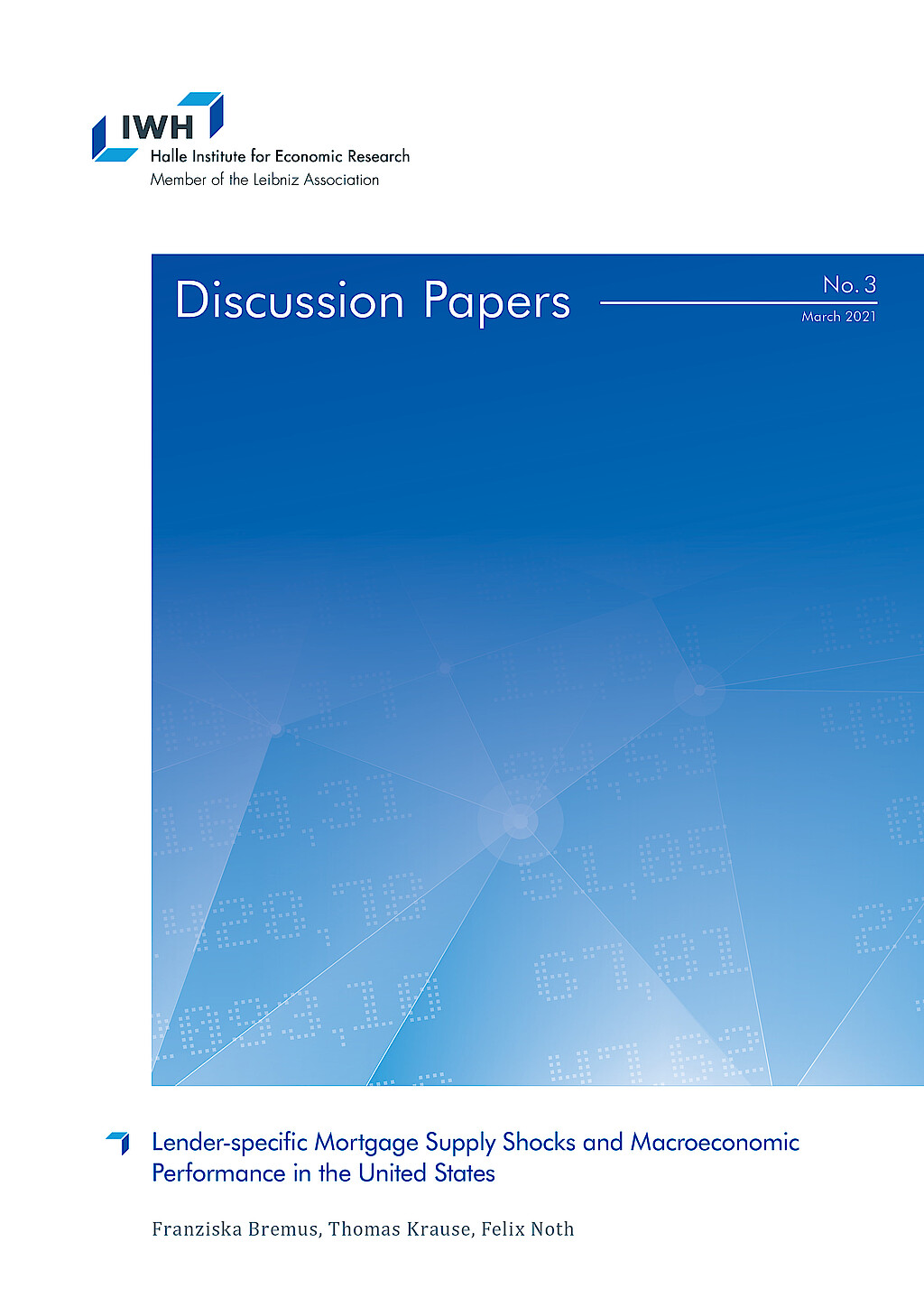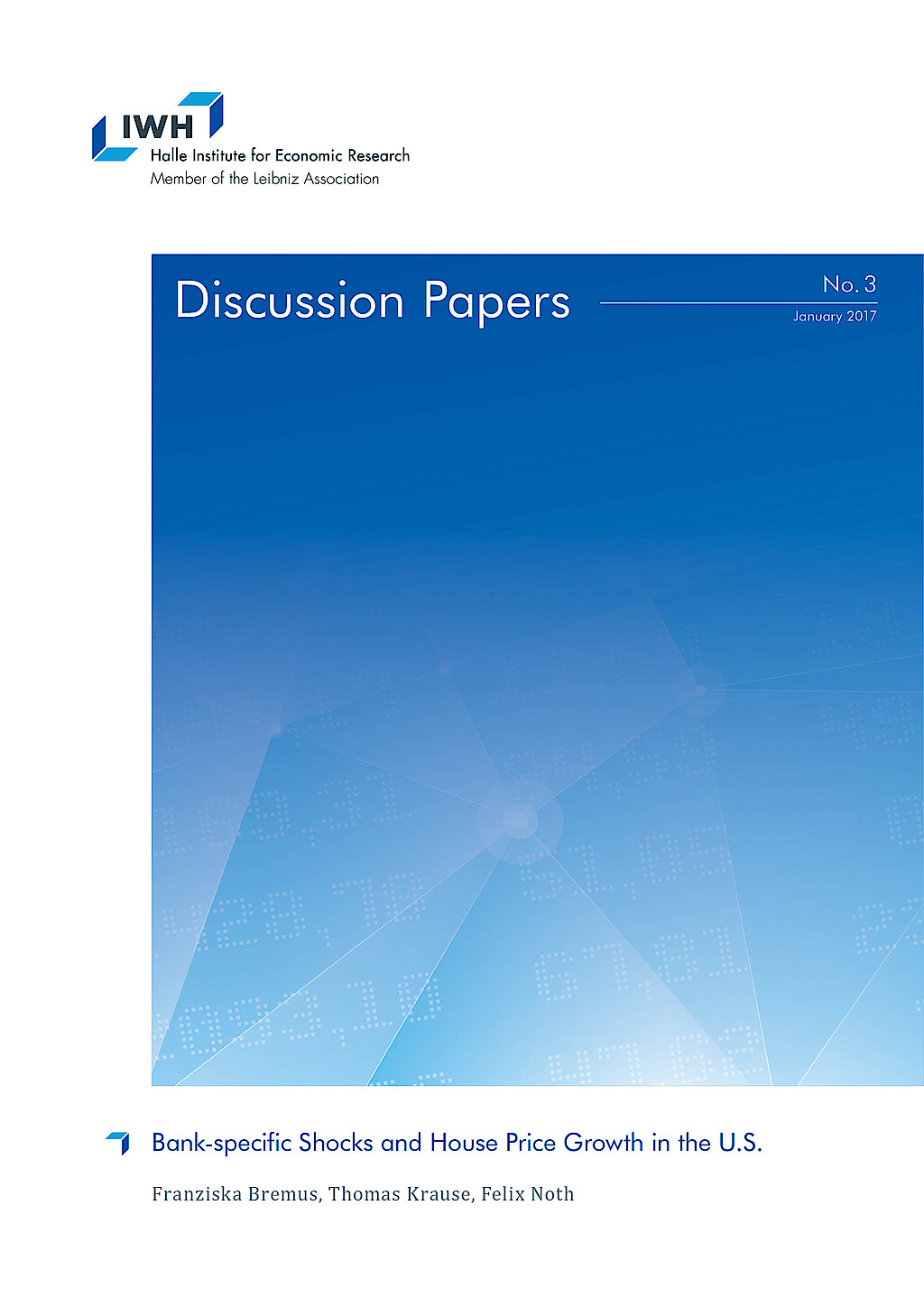Dr. Thomas Krause

Aktuelle Position
seit 7/21
Research Affiliate
Leibniz-Institut für Wirtschaftsforschung Halle (IWH)
seit 8/21
Research Economist
Dänische Nationalbank
Forschungsschwerpunkte
- Finanzmarktstabilität und Bankenregulierung
- politische Ökonomie des Bankensystems
- Haushaltsfinanzierung und Häusermarkt
Thomas Krause ist seit Juli 2021 Research Affiliate am IWH. Er forscht zu Themen der Stabilität von Finanzmärkten, der Bankenregulierung sowie der Wechselwirkung zwischen Finanzmarktfriktionen und Realwirtschaft.
Thomas Krause ist bei der Dänischen Nationalbank tätig. Er studierte an der Universität Leipzig und promovierte an der Otto-von-Guericke-Universität Magdeburg.


